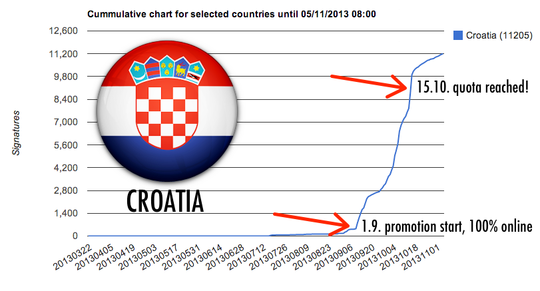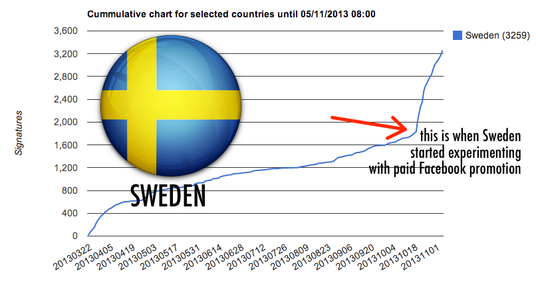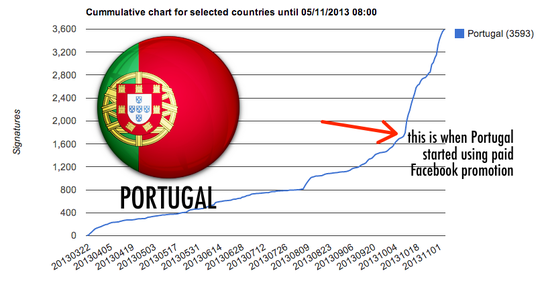by Yannick Vanderborght | Nov 20, 2013 | News
In this opinion piece, Paulo Rodrigues discusses the merits of a basic income for small business owners, those people often portrayed as the beating heart of the Conservative Party.
Paulo Rodrigues, “Boons of basic income for small business,” Basic Income UK, November 10, 2013.

Boons of basic income for small business
by Yannick Vanderborght | Nov 19, 2013 | Research
[Craig Axford]

Mehdi Hasan
The Bank of England’s quantitative easing (QE) policy has generated £375 billion in support for the financial sector, and 40% of that money has ended up in the hands of the top 5%. Mehdi Hasan argues, in this article, that’s money that could have been spent on a “quantitative easing for the people, or QEP”, and he thinks both Milton Friedman and John Maynard Keynes would have agreed.
Mehdi Hasan, “We Could Fix Our Economy by Giving Every Man, Woman and Child £6,000 in Cash”, The Huffington Post, October 25, 2013: https://www.huffingtonpost.co.uk/mehdi-hasan/uk-economy-gdp-figures_b_4162089.html?ir=UK
by Yannick Vanderborght | Nov 17, 2013 | Research

Politics & Society
ABSTRACT: Utopian thinking consists of formulating proposals for radical reforms, justifying them on the basis of normative principles combined with the best possible scientific analysis of the root causes of the problems the proposals are meant to address, and subjecting these proposals to unindulgent critical scrutiny. Such utopian thinking is indispensable, and contributing to it is part of sociology’s core business. This article illustrates these claims by considering one particular utopian proposal: an unconditional basic income paid to every member of society on an individual basis, without means test or work requirement. It summarizes the main arguments that support this proposal, mentions a number of contexts in which it is being taken seriously, and sketches a number of ways in which sociological insights and research are crucially relevant to the discussion of the economic and political sustainability of an unconditional basic income.
Philippe Van Parijs, “The Universal Basic Income: Why Utopian Thinking Matters, and How Sociologists Can Contribute to It,” Politics & Society June 2013 vol. 41 no. 2 171-182
by Yannick Vanderborght | Nov 11, 2013 | Opinion
The 81 senators, representing the 27 units of the Federation, 16 political parties, including two former presidents of the Republic, one current and two former presidents of the Senate, two likely candidates for the Presidency, 20 ex-governors and 18 ex-mayors, have signed a letter to president Dilma Rousseff, handed in by me on October 25th, with a proposal: she should appoint a working group with the purpose of paving the way for the institution, step by step, starting with those most in need, of the Citizenship Basic Income (CBI), according to Law No. 10.835/2004, approved by all political parties in the Brazilian National Congress. It is the first country in the world where the parliament has approved a law to that effect.
On October 30th, in the Museum of the Republic, in Brasilia, there was a ceremony to commemorate the tenth anniversary of the Bolsa Família Program implementation, which has crucially contributed to the eradication of extreme poverty and to the reduction of inequality in Brazil. This program can be seen as a step towards the CBI.
Next January 8th, the law establishing the CBI will celebrate its tenth anniversary. It is important, therefore, that people who have contributed to the study of income transfer programs can collaborate for this purpose, such as Professor Paul Singer, Secretary of the Solidarity Economy of the Ministry of Labor and Employment since 2003.
Professor Singer will be able to work in close cooperation with ministers Tereza Campello (Social Development), Miriam Belchior (Planning) and Marcelo Neri (Strategic Affairs) and with Ana Maria Medeiros da Fonseca, first Executive Secretary of the Bolsa Família – people who have contributed to its creation and to the formulation of policies in the area.
International experts may also be invited. One of them could be Professor Philippe Van Parijs, who founded the “Basic Income Earth Network” and follows the development of international experiences of implementing the CBI in the European Union, India, Iran, Namibia, Alaska, Switzerland, and other countries. The pioneer 30-year experience in Alaska has made it the most equal of American States.
The proposal, enthusiastically signed by each and every senator, including the opposition leaders and presidential candidates, is consistent with what has been formulated by some 300 scholars from Brazil and from abroad, who have recently participated in the International Conference of the Center for Psychopathology and Public Policy, at the University of São Paulo, on Democratic Inventions: Constructions of Happiness, and who have also signed a letter to president Dilma with the same purpose. Professor Marilena Chaui was one of the most enthusiastic subscribers.
We have had great achievements in the Workers Party’s last ten years of government, featuring the improvement of the disadvantaged populations’ living conditions. The 81 senators’ voices will allow the president to take a leap and achieve her goal of eradicating extreme poverty, building a fair nation, strengthening women’s safety and providing dignity to all Brazilians.
by Yannick Vanderborght | Nov 10, 2013 | News

Croatia-graph
The European Citizens’ Initiative for Unconditional Basic Income has opened a crowd-funding (or crowd-sourcing) campaign. They are calling on basic income supporters to donate to help finance the collection of the rest of the 875,000 signatures needed to pass the initiative.

Sweden-graph
The crowd-sourcing initiative is inspire by Croatia, which in September 2013, started promoting their built basic income website and their Facebook page. By October 15th, Croatia, the last country to enter the race for signatures, became the first country to collect their minimum quota of signatures. They achieved it in only 45 days, using nothing but the power of the Internet, and the attention of the media. Sweden and Portugal, which have begun trying Croatia’s tactics, are now seeing an enormous increase in signatures.

Portugal-graph
For more information or to donate or sign the initiative, go to: https://funding.basicincome2013.eu/







